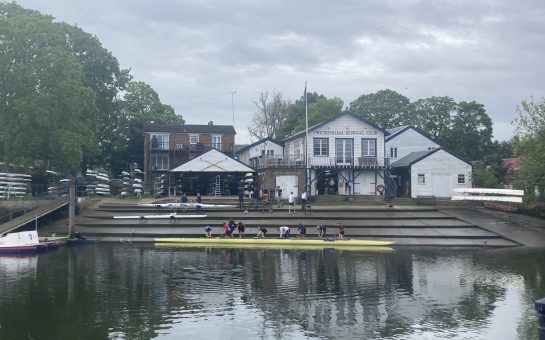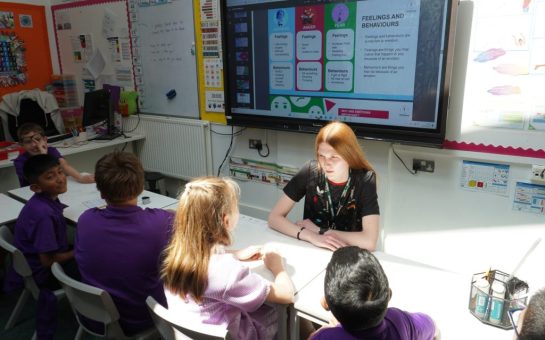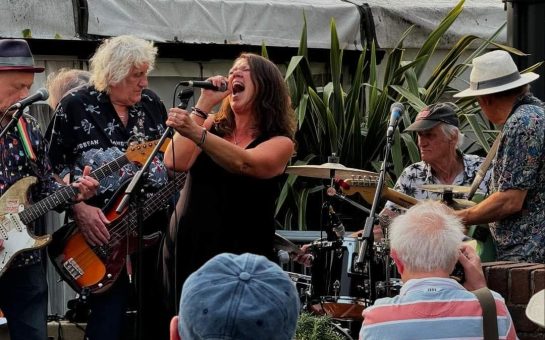A beekeepers association from Twickenham have expressed worry about the Government’s recent legalisation of deadly pesticides and the effect this could have on wildlife.
In January, a pesticide known for containing an insect-killing compound neonicotinoid thiamethoxam, was approved for emergency use because of a virus which affected sugar beet seeds.
This worried many as in 2018 there was an almost total ban of these pesticides put in place by the EU and UK because of the serious damage the chemical could cause bees.
Twickenham and Thames Valley Beekeepers Association (T&TVBKA) has been sharing beekeepers knowledge, managing diseases and promoting bee health since 1918.
T&TVBKA Warwick Francis treasurer said: “Pesticides are the hugest threat to any of the wildlife, to the birds, to all the other insects we have that are important to our eco-system.
“They promised us they were not going to use these pesticides. The Government does have a very promising green agenda but whether the promises are kept I have my doubts.”
Since the UK has left the EU, farmers have been pressuring the UK Government to allow a limited use of these harmful pesticides.
The pesticide won’t be used in the UK for now as the cold weather means there’s less of a risk to the crop.
However, the prospect of its use was very troubling for wildlife and associations like T&TVBKA, who have had a lot of problems with the production of queen bees due to the pesticide and the decline of bees in the UK.

Francis said: “Honeybees are not under threat, it’s all the other bees that are under threat. There is no commercial value with them and therefore they are neglected.”
He suggested the best way to help wildlife is to not plant many bedding plants, as they do not produce nectar and pollen.
Francis also suggested letting gardens grow, and allowing wild areas as that is what attracts wildlife.
During the month of May, Plantlife are asking communities not to mow their lawns to help bees, butterflies, wildlife and most importantly human wellbeing.
Francis said: “Insect life is becoming more apparent and more important to our wellbeing than we could ever have thought.”
In the pandemic T&TVBKA had to completely stop business and were unable to hold their popular open-day events and honey shows.
Members had to come in separately to manage the hives and a click and collect service was set up to help beekeepers.
To watch T&TVBKA Centenary video or to find out more information about the association and their events click here and to take part in ‘No Mow May’ click here.





Join the discussion
The same derogation has been granted by the EU to numerous EU member states for a number of years, this is nothing to do with Brexit. There is no evidence that neonics have affected the “production of queen bees” – whatever that means. Furthermore the honeybees only forage on sugar beet FLOWERS when there is nothing else available, the UK sugar beet crop is not allowed to flower (so no foraging occurs at all, anyway) and lastly there are no sugar beet crops anywhere near Twickenham, where I live. I am a beekeeper. Just a few inaccuracies pointed out in an article strewn with them.